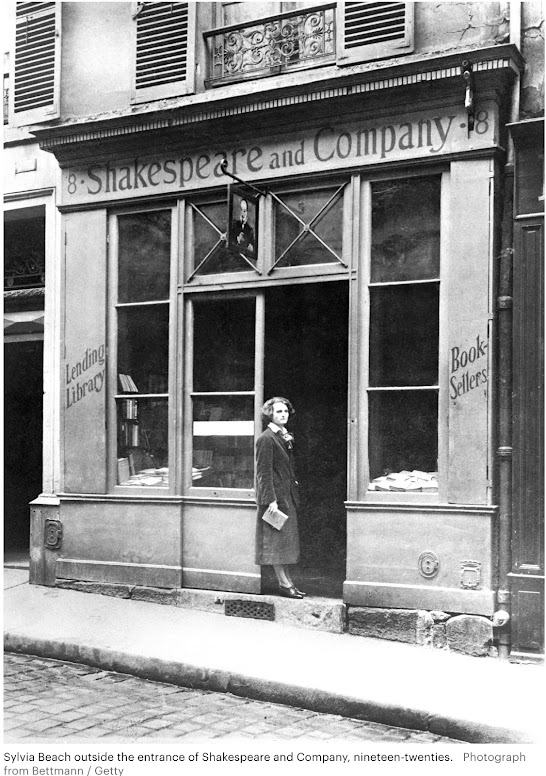We are in limbo, betwixt and between, in abeyance, up in the air. Call it what you will, but I realise now that this chronic anxiety is but the expression of living in a seemingly endless liminal space.
The current situation in the United Kingdom is a country living with a caretaker government, trying to stave off a general election as long as it can, knowing that its demise is inevitable; and so we wait, and wait, and wait, and wait. I refer you to the opening sequence of Casablanca, and ask you to make the connections.
Why can they not take the example of the football league. When a manager, or caretaker manager is out on a limb, he is encouraged to go. His/her services are at an end, and they go. There is no hanging on to see what becomes. Just go. The trouble is there appears to be no one to tell them to go. The sad fact is that the majority of the British Press, which is best placed to headline, JUST GO, are perfectly happy to support this charade. As a result, the British public suffer and exist in limbo. The unions and the genral populace, not really knowing what to do in the face of an administration fully deserving of the epithet all mouth and no trousers. We all just wait, and wait, and wait.
In the interim I have been reading several pieces by Janet Flanner reprinted in the New Yorker. Janet Flanner (Wikipedia entry - March 13, 1892 – November 7, 1978) was an American writer and pioneering narrative journalist who served as the Paris correspondent of The New Yorker magazine from 1925 until she retired in 1975. She wrote under the pen name "Genêt". She also published a single novel, The Cubical City, set in New York City. She was a prominent member of America's expatriate community living in Paris before WWII. Along with her long-time partner Solita Solano (born Sarah Wilkinson) Flanner was called "a defining force in the creative expat scene in Paris." She returned to New York during the war and split her time between there and Paris until her death in 1978.
There is a wonderful memoir from the March 11, 1972 issue entitled That Was Paris which dealt with events in the 1920’s to 1940’s and included a short reminiscence of a meeting with Picasso in 1957 at his villa La California, near Cannes. You can find it at:
https://www.newyorker.com/magazine/1972/03/11/the-greatest-refreshment
There is also a wonderful profile of Picasso from 1st December 1939.
I don’t know if these websites will allow you access but it is certainly worth a try and a read.
There was a time at the turn of the 19th and 20th centuries and between the two world wars, 1918 – 1939, when Paris was clearly the place to be. Les Deux Magots, Le Select, Café Flore, Montparnasse, Saint-Germain, Montmartre, Le Lapin Agile, La Quatrième République, Shakespeare and Company, where one could run into Flanner, Hemingway, Picasso, Stein, Toklas, Sylvia Beach, Joyce, Eliot, Djuna Barnes, Henry Miller, Josephine Baker and so many others. I may be wrong, but I know of no other city that hosted such an array of artistic talent as Paris at that time. There were no smartphones, laptops or ipads but the impression these people have made on the world, I am sure would take up several million gigabytes. If these names and places mean nothing to you, I suggest you look them up.


/
ReplyDeleteFrankly Ed I'd almost prefer to be anywhere than here in the here and now! We should all be on the streets demanding that we have a general election. Sunak's government wasn't elected. He has no mandate. But still he encourages these dangerous, neo fascists like Braverman and Danny Kruger to run ultra nationalist three day conferences in the name of so called Conservative democracy. Previous politicians and governments (even Tory ones) with as many scandals with and failed policies and zero mandate for them, would have resigned and gone to country for an election. Which country you may ask? How about taking the entire cabinet and dumping them in Rwanda?